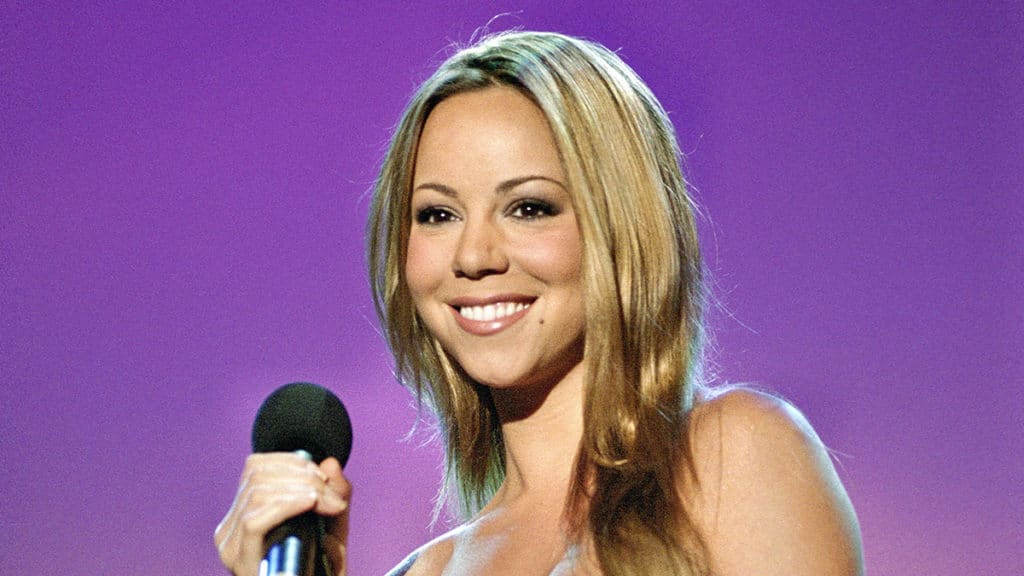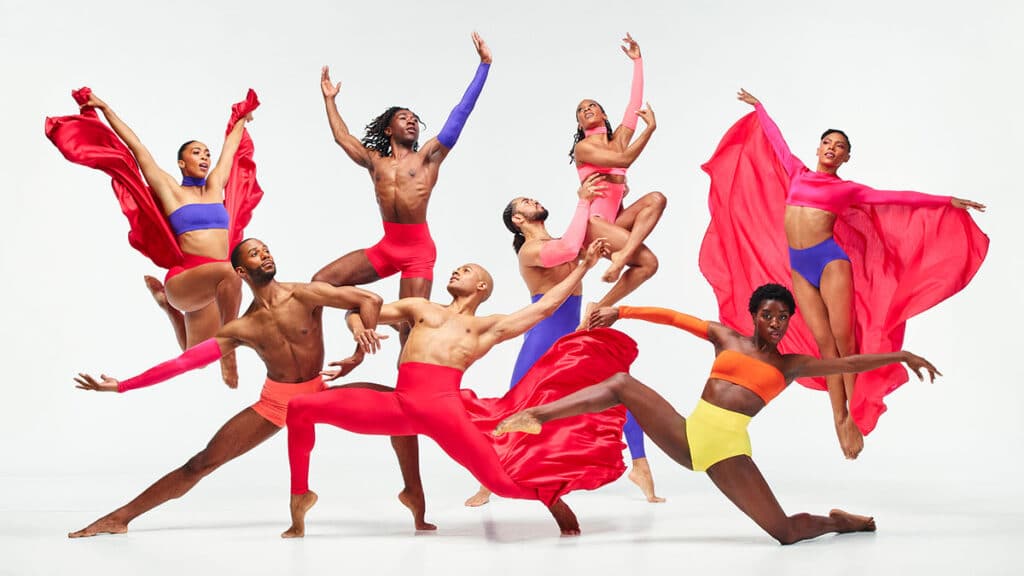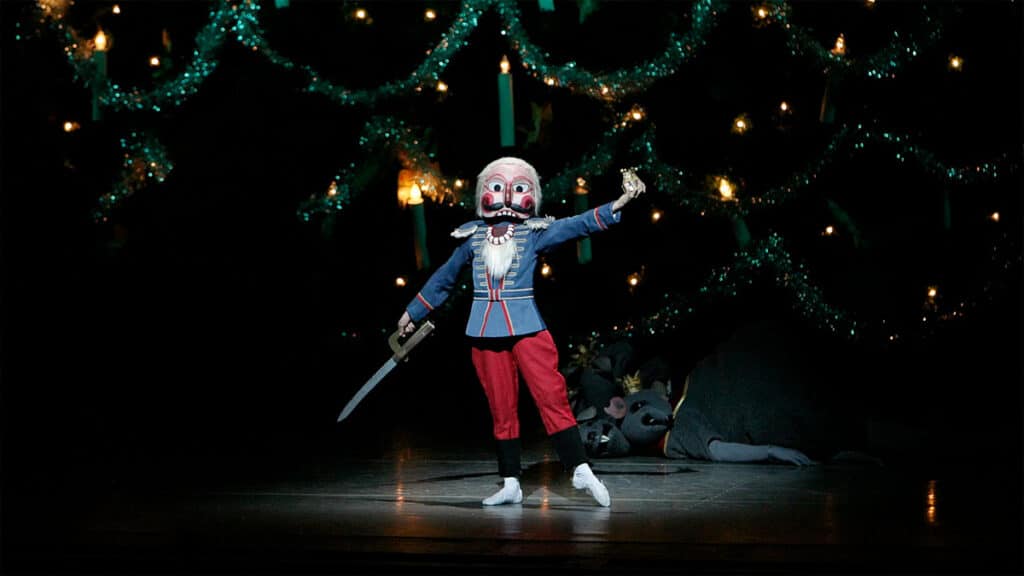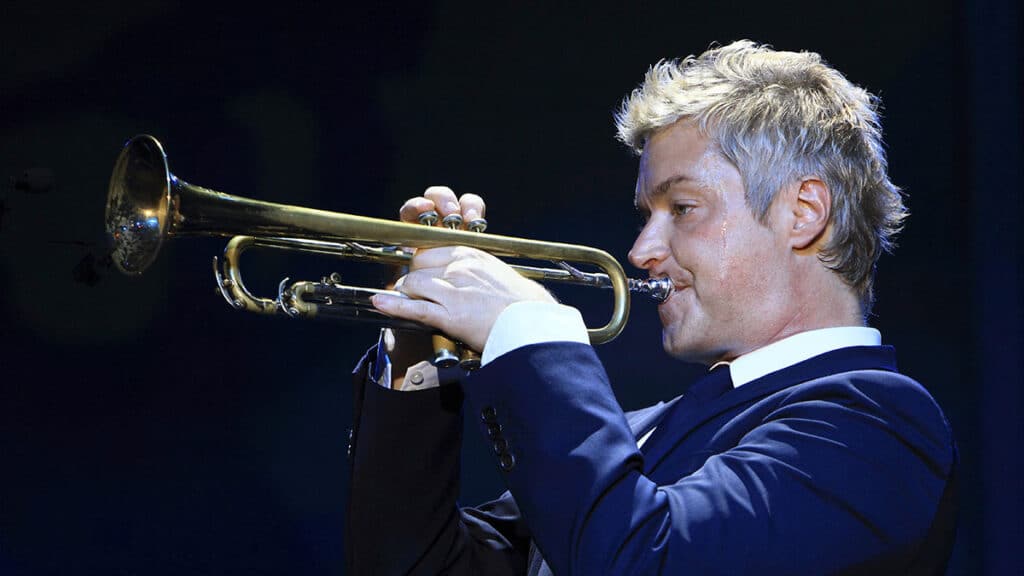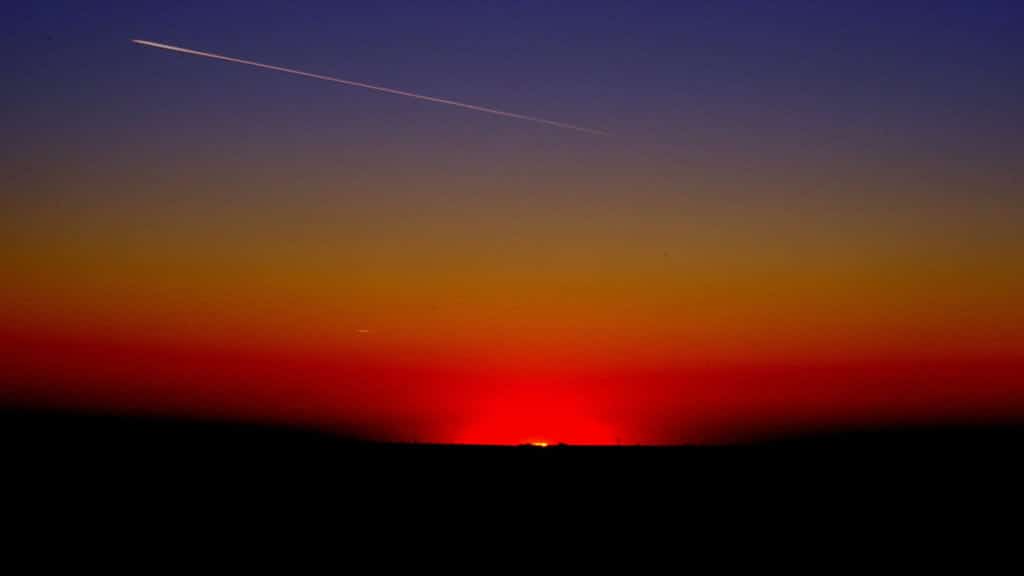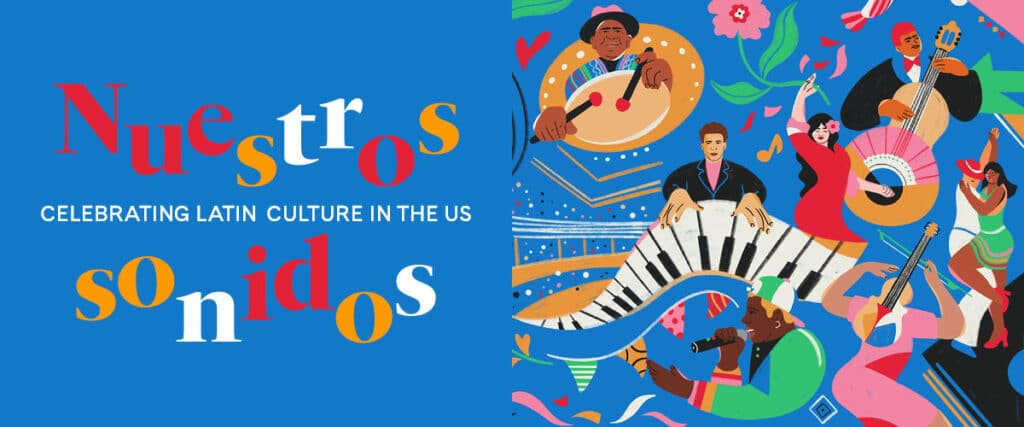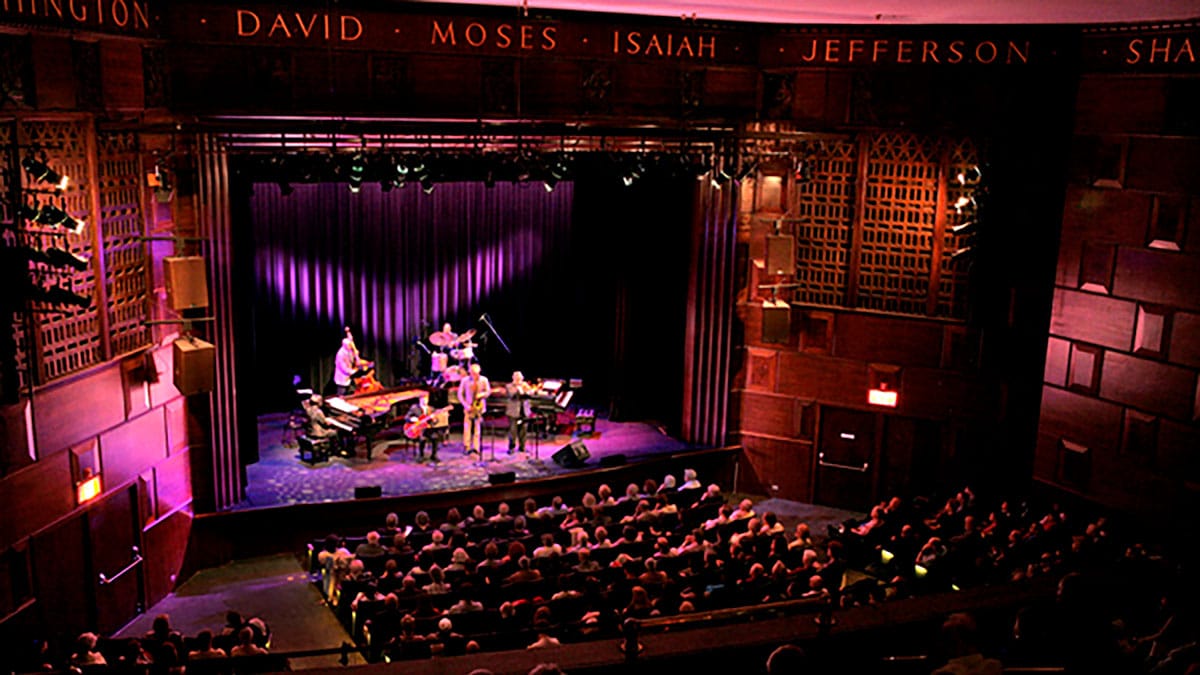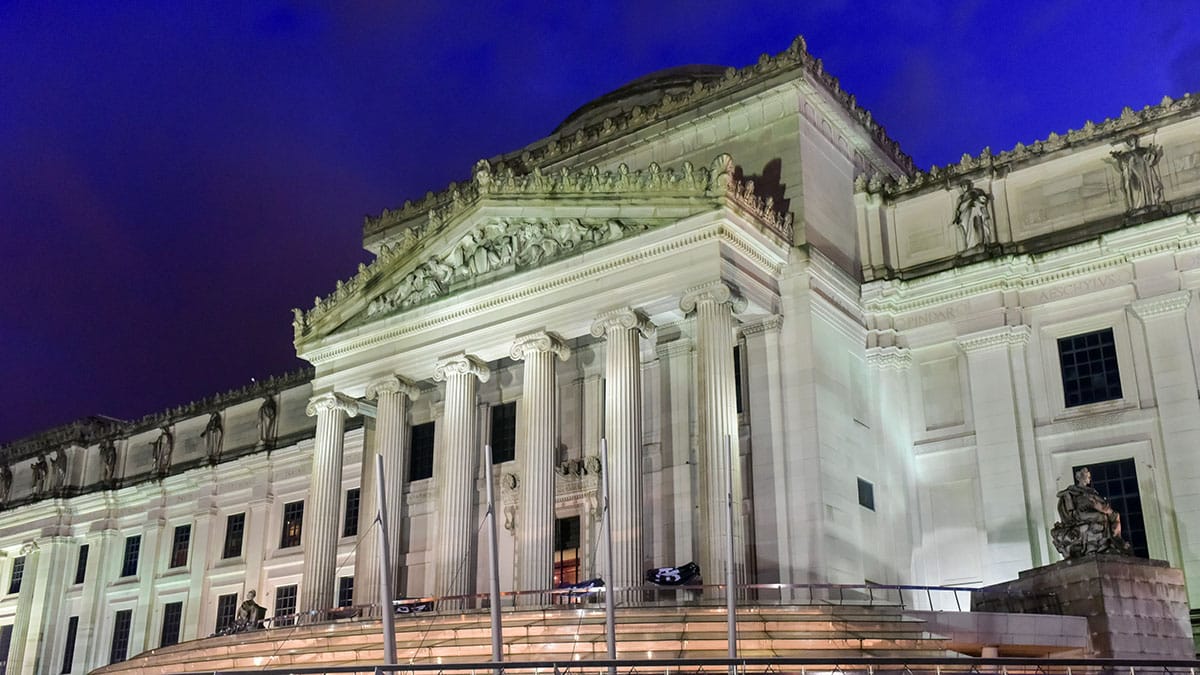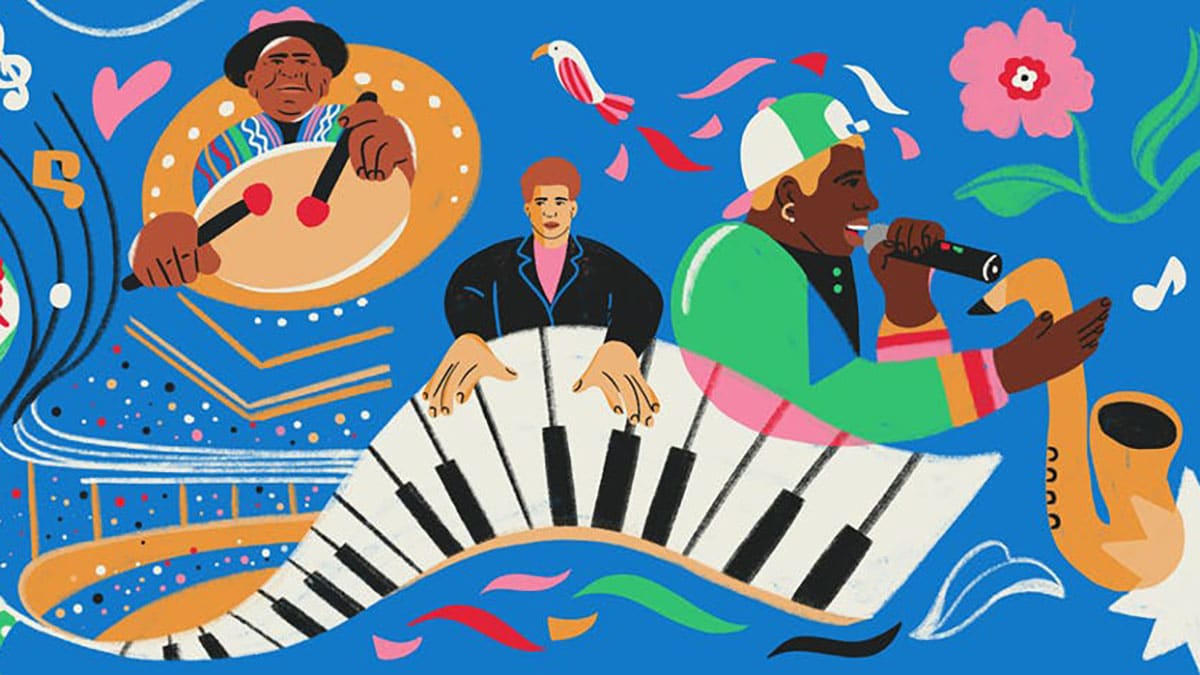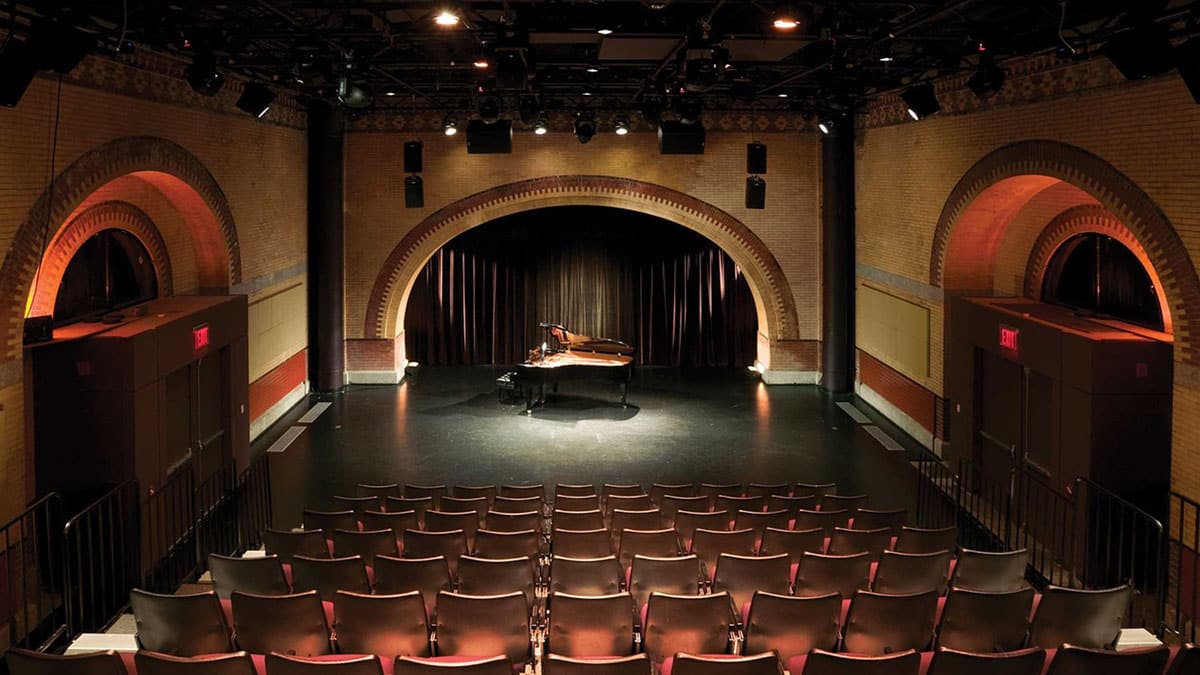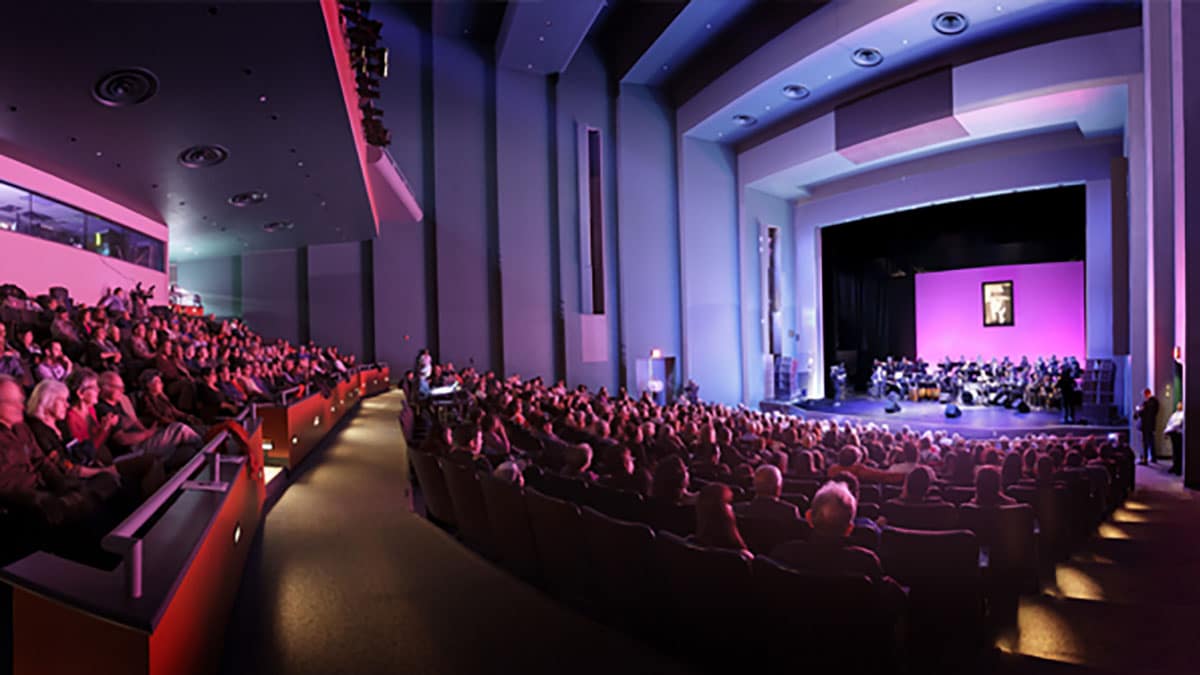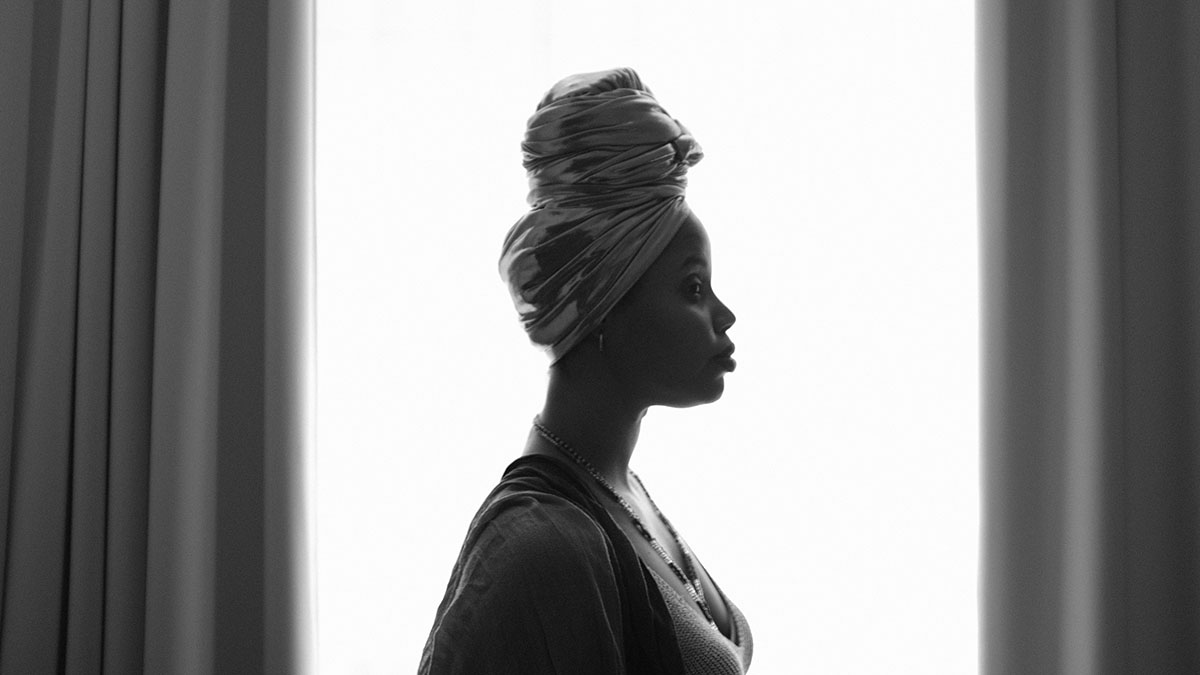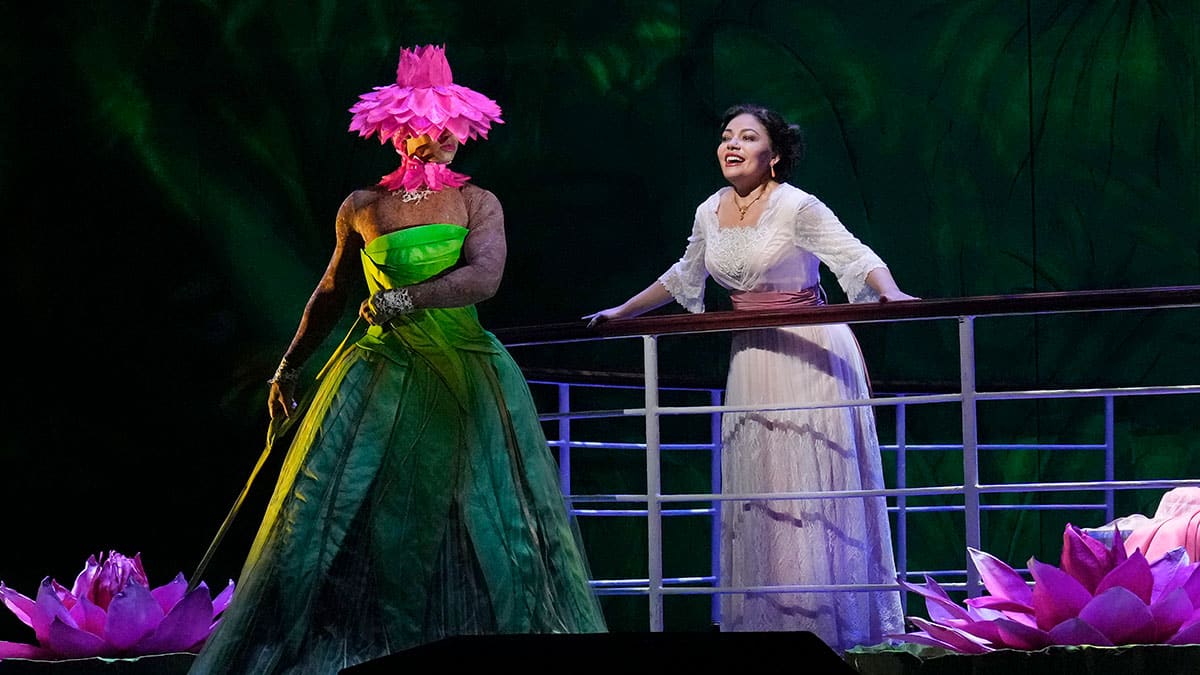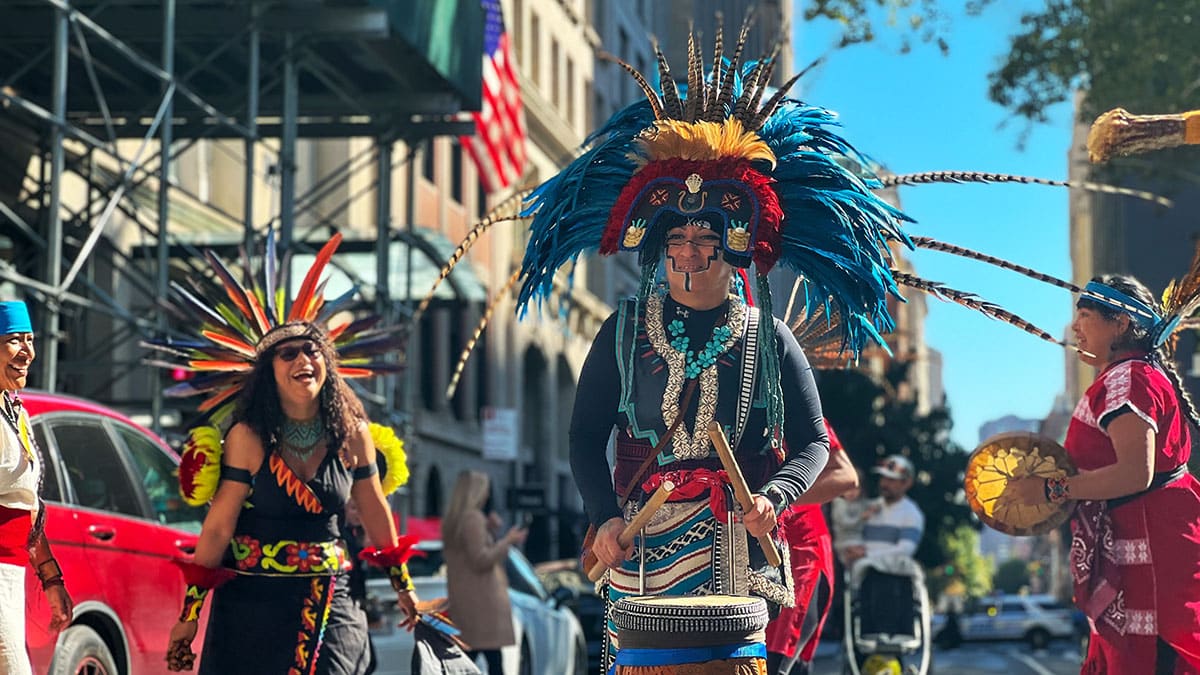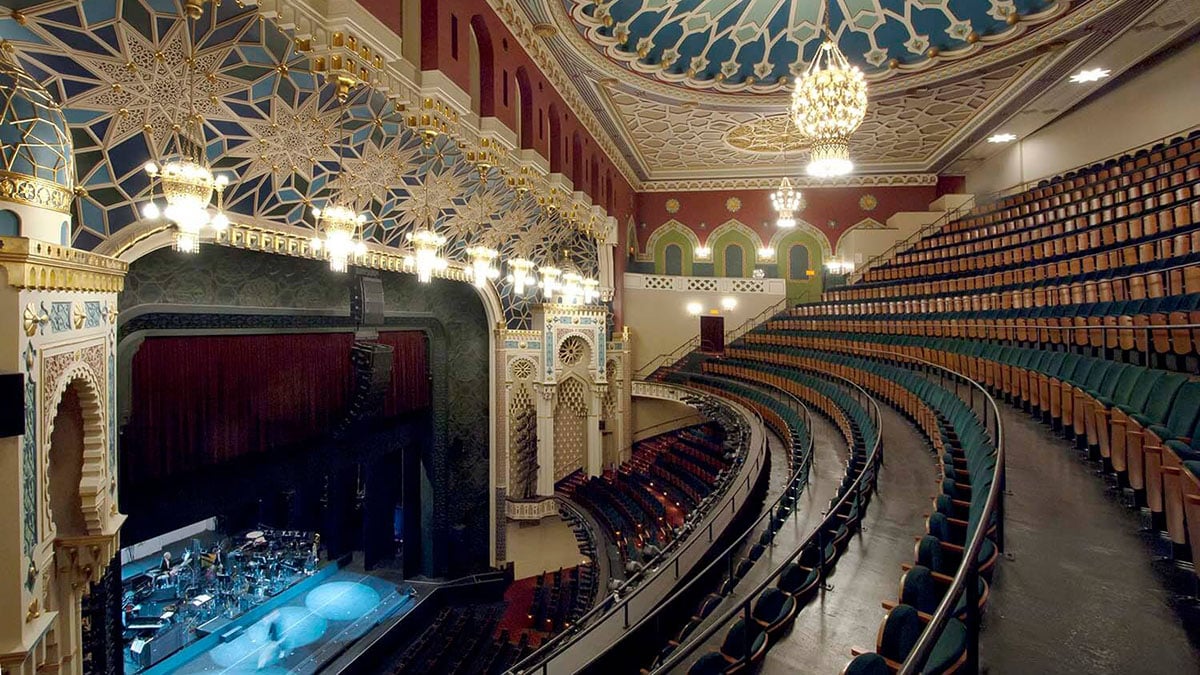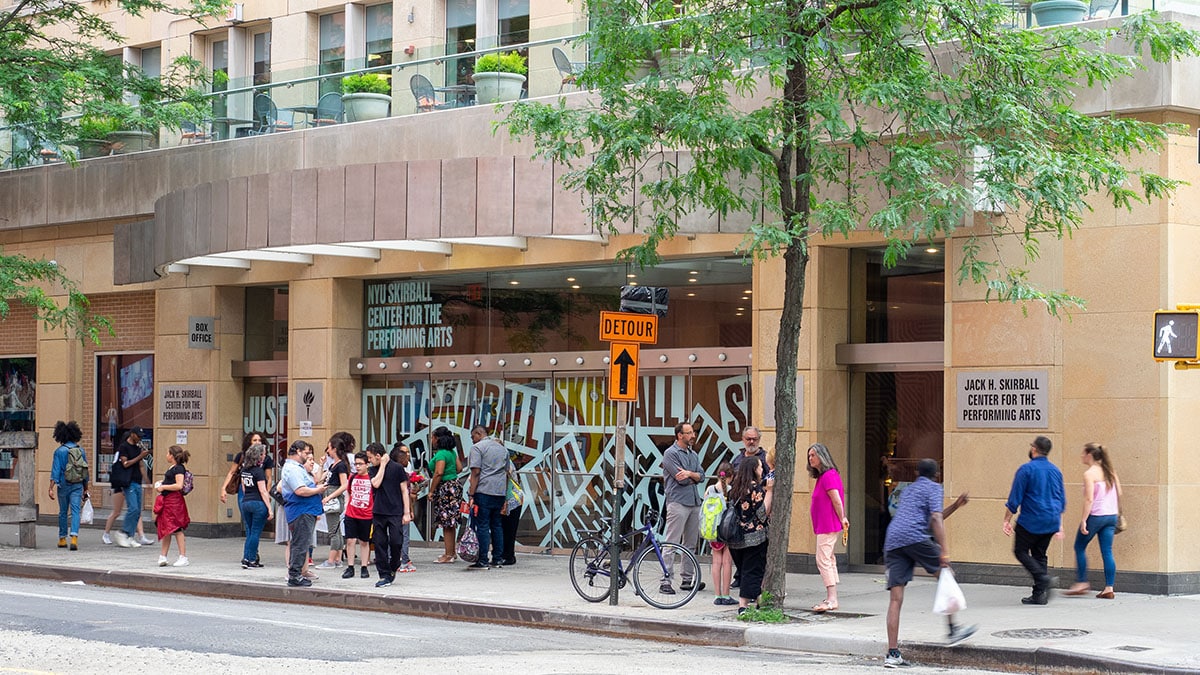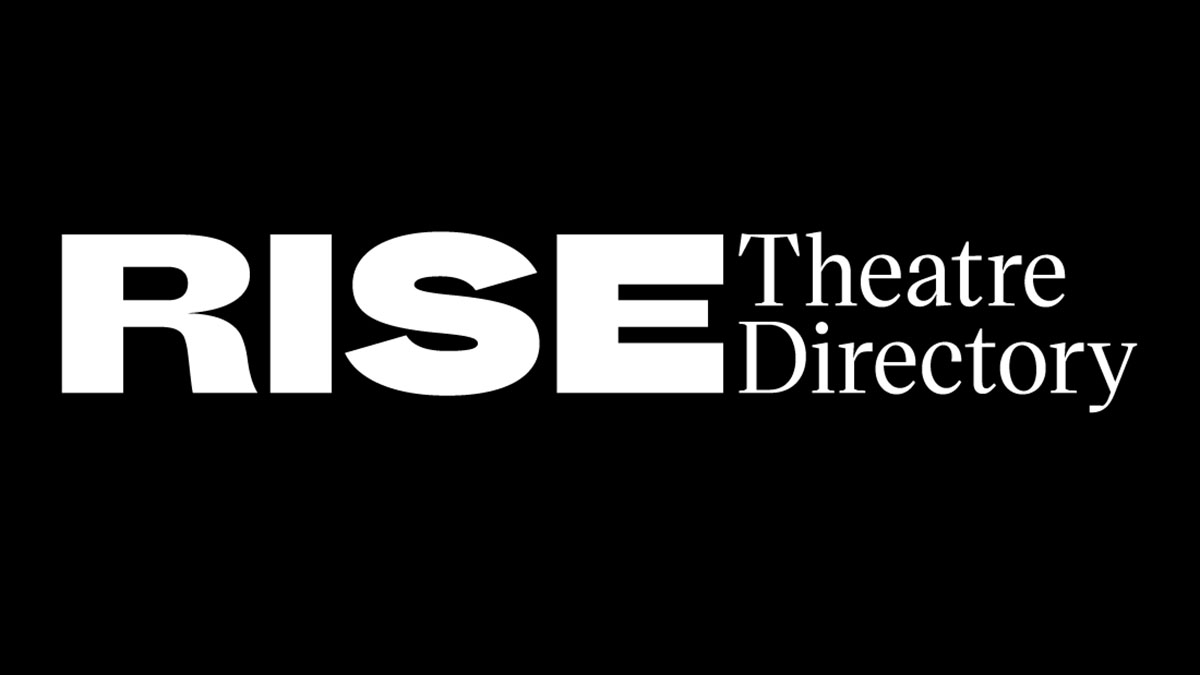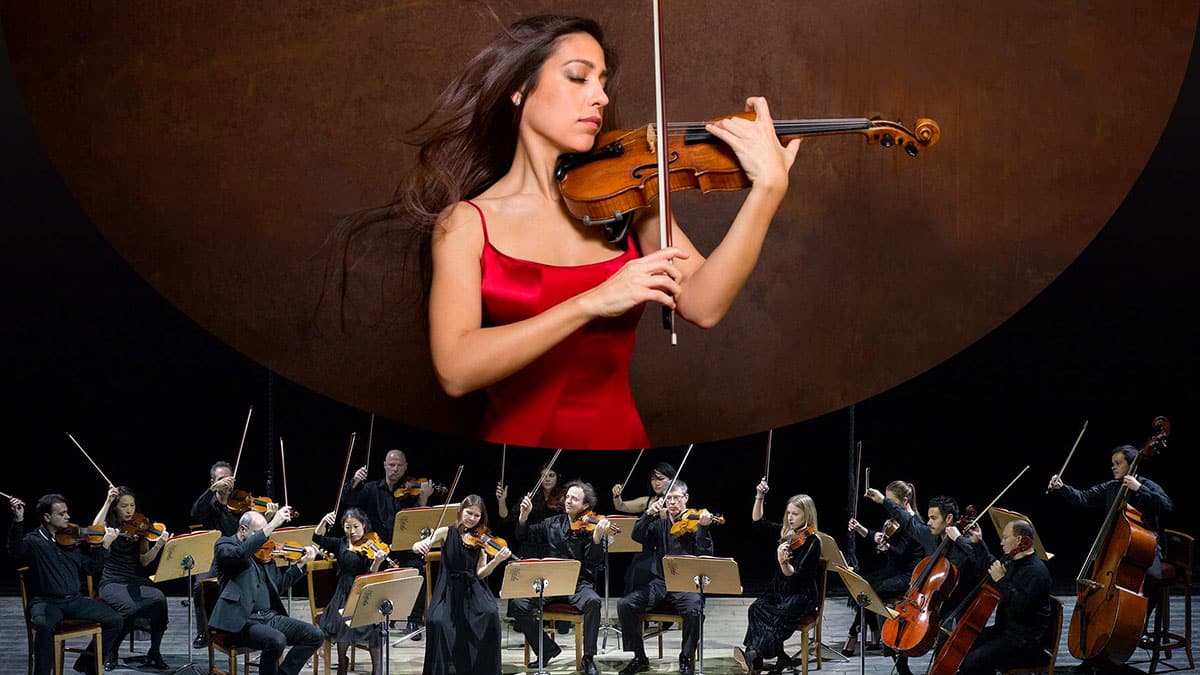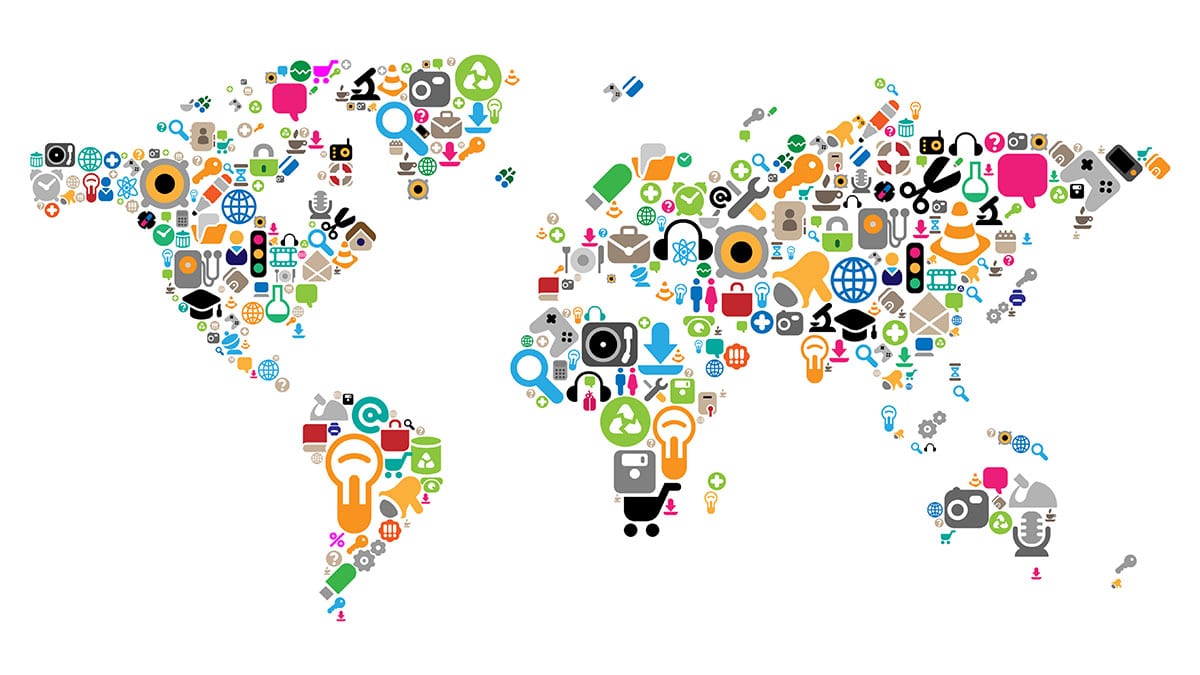“E-le-le, le-le-le, A-la-la, la-la-la-a…” Follow the North Star to New York City’s Latin world in December.
Nuestros Sonidos ~ Carnegie Hall’s Latin Culture Festival
By naming this season-long festival of Latin culture “Nuestros Sonidos” (Our Sounds), Carnegie Hall is reaching out to Latins and friends, but is also saying that we belong at Carnegie Hall too!
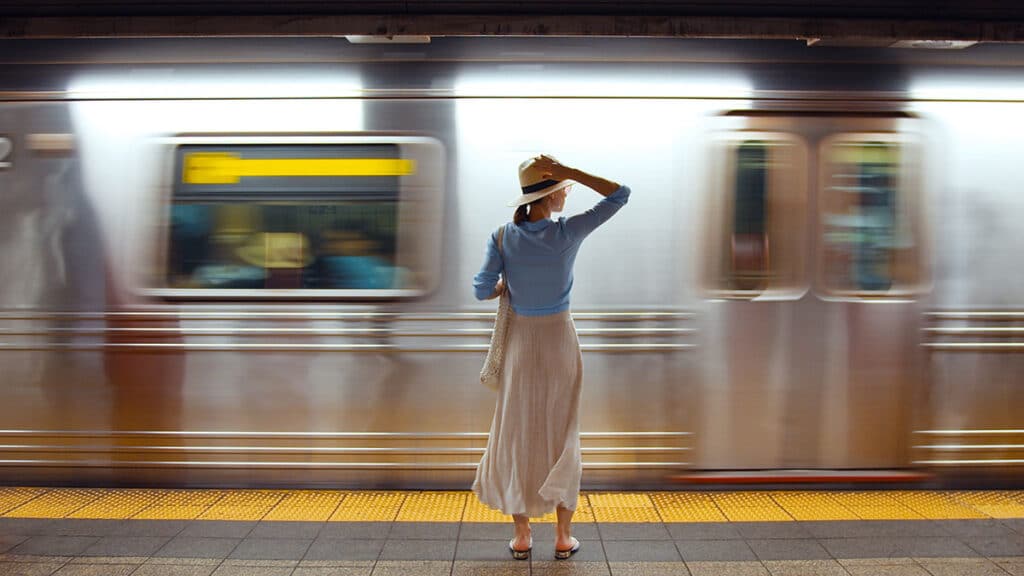
How America Got the Blues ~ Over more than a decade, our concept of Latin has grown from Caribbean and Latino, into the great mix of peoples of the Americas plus our mother countries in Africa and Europe. We also have Arab, Jewish, South Asian, Chinese, Japanese, and Irish influences. In the beginning of Turtle Island, we are all Indigenous somewhere.
The Spaniard brought the African.
Eddie Palmieri at the 92nd Street Y in 2016 🇵🇷
The African put everyone to dance.
In the States, they took away the drum, and we got the blues“
The blues, with gospel and ragtime, is the root of most American popular music, including: jazz, rhythm and blues, country, rock, soul, funk, disco, house, hip hop, and trap. Yes, even American country music comes from Mother Afrika.
We are far more Indigenous and African than we have been taught. Together, the Latin family has created culture that is uniquely American, and loved around the world. Latin culture brings people together and turns the blues into JOY!
Latin Art
Latin Books
Latin Comedy
Latin Dance
Latin Fashion
Latin Festivals
Latin Film
Latin Food
Latin Music
Latin Parades
Latin Sports
Latin Theatre
Sponsored by the Best of New York
New York City’s leading Latin, Indigenous, European, African, Jewish, and Global cultural organizations support us because they support you. Let’s support them back!
2024 Sponsors guide our editorial direction. We learn from them. They pay indirectly for the free editorial we do for small organizations that deserve coverage, but don’t have budget. Thank you! ¡Gracias ustedes!

Oye, you are crossing the Kalûnga
La Llamada de los Tambores
(The Call of The Drum)
Bienvenido a el areíto en el batéy del pueblo Latino. Somos uno en el tambor.
Escucha la llamada. La rumba ya se forma en el solar.
Yo prendo una vela.
(Welcome to the community gathering in the sacred circle of the Latin people.
We are one in the drum. Listen to the call. The party is starting in the patio. I lit a candle.)
Bom, bom, bom
ba-ta-ba-ta, ba, ta-ba, ta-ba
Bom-ba, ta-ba, Bom-ba, ta-ba
Bom-ba, ta-ba, Bom-ba, ta-ba
This call of the drum is Bomba Puertorriqueña Sicá.
“E-le-le, le-le-le, A-la-la, le-le-le“
Loíza Aldea, Loíza, Puerto Rico 🇵🇷
La salsa begins with the “Diana,” the call to prayer that asks for spiritual connection before we dance,
because by tradition, dance is how we pray.
“E-le, le-le, le-le-le-le“
La Marina, Matanzas, Cuba 🇨🇺
Rumba is what the first Africans in Cuba did, as soon as their hands were free.
“Diki riki riki riki, Diki riki riki riki, Diki riki riki riki, Di, Diki ri”
Capotillo 42, Santo Domingo, Republica Dominicana 🇩🇴
Dembow is the sound of the streets in La República Dominicana.
“Ay, ay, Ay-ay“
San Juan de Ulúa, Veracruz, México 🇲🇽
“Canta y no llores.”
“Aí aí aí“
San Basilio de Palenque, Bolívar, Colombia 🇨🇴
“Ajai, al son de los tambores”
“Bim Bom, Bim Bim, Bom Bom“
Copacabana, Rio de Janeiro, Brazil 🇧🇷
“O meu coração pediu assim, só”
“I like to be in América“
San Juan Hill, New York City 🇺🇸 🇵🇷 🇮🇱
“Okay, buy me in America, Everything free in America
For a small fee in America”
¡ A-G-U-A-N-I-L-É !
El Barrio, Loisaida, Bushwick, y El Bronx 🇵🇷
“Aguanilé” is a healing prayer to Ogun.
Who answers the call? The community responds!
¿Oye Cómo Va?
We are Indigenous, African, European, Arab, Jewish, Asian, and everything in between.
“¿Oye cómo va? Mi ritmo, bueno pa’ bailar, mulata.”
Hey, how’s it going? My rhythm is good for dancing, Latina.
“Andando, andando, andando…”
(Walking, walking, walking…)
“Yo me tiro pa’l solar”
(I throw myself into the field)
Dios te bendiga
(God bless you)
¡Ashé!
(Amen)
Kíko Kí
“E-le-le, le-le-le, A-la-la, la-la-la-a…”

